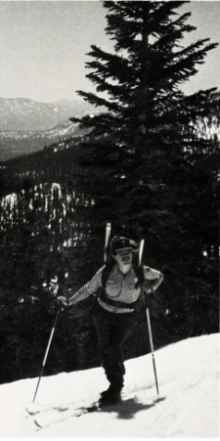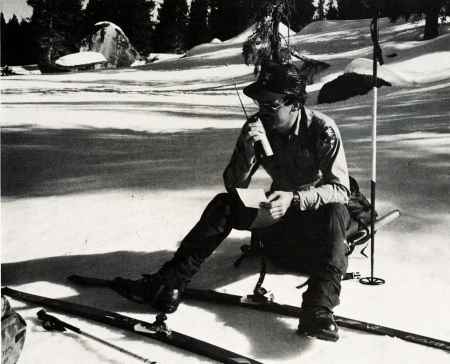Here are the ins and outs of working environments, from some insiders' points of view.
Who ARE you...?
1) Does the sound of machinery bother you?
2) Are you particularly sensitive to odors?
3) Do you need to wash your hands if they're the least bit dirty?
4) Would you rather be outdoors than inside?
5) Do you enjoy rugged outdoor activities, even during bad weather?
6) Are you self-disciplined, able to stick to a task without direct supervision?
 John Kraushaar
John Kraushaar7) Do you enjoy hours alone, with no one to talk with?
There are no "right" or "wrong" answers to these questions, of course. But how you respond can help guide you into a comfortable job habitat.
If you answered "no" to Questions 1, 2, and 3, a hands-on job in industry might interest you.
"Presses all make noise. Some are louder than others. Some air pumps have no mufflers. And some machines have parts, like counterweights inside cylinders, that come apart. This doesn't hurt the machine's performance, but they make a loud, clanking noise that is nerve-racking.
"Usually the day shift is noisier. Most printing companies let you wear earplugs, but you have to take them out when the press isn't running so you can hear the instructions for the next run. Then you squeeze the plugs with your dirty fingers and ink and grease gets in your ears. Rubber plugs are a little better, but they are hard to get used to. And have you ever tried to chew gum with earplugs in?
"Some inks smell," the press operator explains. "Alcohol and blanket-wash fumes mixed is the worst. During every wash-up, you get the feeling of being under nitrous oxide, like when you go to the dentist. When I'm cleaning a


